Two of the most ardent opponents of the town’s vegetative management plan (VMP) proposed by the Department of Public Works voiced their concerns Friday morning at a virtual hearing before the Massachusetts Department of Agricultural Resources (MDAR).
Donald Sutherland, the chair of the Hopkinton Sustainable Green Committee’s Environmental Working Group, and Carol Esler, a fellow group member, were the only residents to show up at the 10 a.m. meeting. Sutherland pointed out that the Conservation Commission will be reviewing the proposed VMP and its yearly operational plan (YOP) at its meeting Tuesday night. MDAR closed its public comment period at 5 p.m. on the day of the hearing.
Clayton Edwards, MDAR’s pesticide inspector for its rights of way program, moderated the half-hour hearing. DPW Director Kerry Reed and Stephanie Hanson, a consultant who worked with Reed on the VMP, appeared to hear public comments on the plan.
Sutherland and Esler reiterated points that they made at the Conservation Commission’s last meeting on Jan. 7. Sutherland stressed that the EWG was not in favor of the plan. He called it an “unsafe, ecologically harmful, unfettered use of pesticides, compounding the town’s toxic chemical health risk.” Esler spoke at the Conservation Commission meeting and wrote a reply to an Independent article previewing this meeting.
“The DPW is not required to report in internet transparency of application of toxic pesticides for parents to review,” said Sutherland, noting that MDAR has a separate protocol for schools and day-care centers that requires this reporting, as well as why the herbicides and pesticides are used.
Added Sutherland: “The VMP and the YOP [are] a blanket approval to expand contamination of the community with toxic pesticides.”
The VMP would curtail the targeted use of herbicides on rights of way, which include public roads, sidewalks and bike paths, over a five-year period. Sutherland countered that the use of herbicides likely would increase over time and spread to “the town’s common areas.”
Edwards interjected during Sutherland’s statement about the use of glyphosate, a synthetic herbicide patented 40 years ago. Edwards explained that pesticide usage is covered by the YOP and would not be relevant at a VMP hearing.
Sutherland said glyphosate is proposed for use in the VMP and “is designated [as] a human carcinogen by the World Health Organization, but not by the EPA or MDAR.”
The Independent researched articles that reported that the WHO deemed glyphosate was a “probable carcinogen.”
Sutherland said mechanical harvesting would be sufficient if the DPW had the budget for it.
“This is about places people use,” Esler said of where the herbicides would be applied. “I want to talk for the baby in the low stroller, the toddler, the pets — everyone who walks our sidewalks.”
Added Esler: “Let me assure you that a young mother who’s getting their child out for a walk does not have time to look for town ordinances and things about whether or not a pesticide has been applied.”
She called the VMP “an open door for more toxic use in town” that would have a long-term impact because of bioaccumulation. Esler also faulted the plan for not stating that herbicides would be used as “a last resort.”
“We’re told things are safe until they’re not,” she continued, noting DDT and aspartame as some of the substances that now are deemed harmful. “We want a cleaner community. Everything runs off into our watershed.”
Esler advocated for an organic or integrated pest management plan instead of the proposed VMP.
Added Esler: “It’s just wrong and not holistic.”
Reed noted that the town had a VMP approved for use beginning in 2014, but it never was implemented. The town has relied on mechanical or hand harvesting of invasives.
“The mechanical means, especially for knotweed, is not efficient or successful,” she said, noting that the difficulty increases in the downtown area.
“The average citizen doesn’t really have the bandwidth for this stuff,” Esler said when asked by Edwards if other people were expected to attend the hearing. “There would probably be a lot of opposition if people were well informed as to what is going on.”
“Weeds come back,” said Sutherland. “If they didn’t, we wouldn’t have weed issues.”
Edwards said Sutherland’s and Esler’s comments were recorded and that MDAR “will take them under advisement” as it makes its decision about the plan.
Sutherland questioned Edwards as to whether other towns had their plans rejected after MDAR hearings. Edwards told him that to his knowledge, after receiving “pushback” by some residents, MDAR approved the plans submitted.
Said Edwards: “Usually there is some kind of agreement that’s made.”
Comments for the YOP to MDAR end on Feb. 7. Comments can be emailed to Edwards at Clayton.l.Edwards@mass.gov. There is no public hearing forum for the YOP.


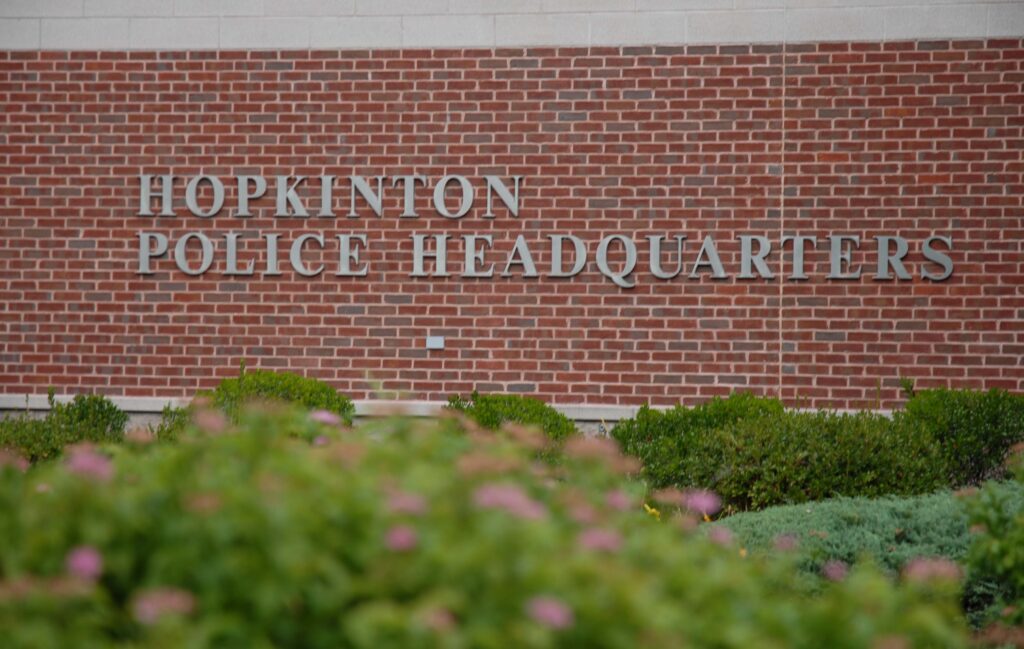
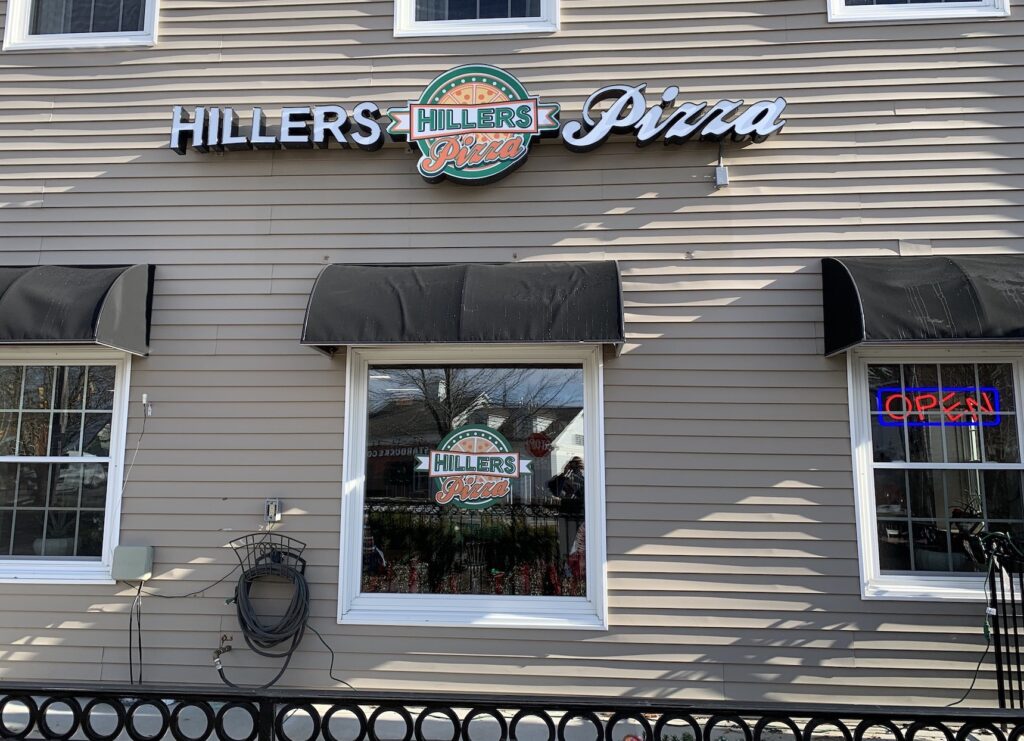
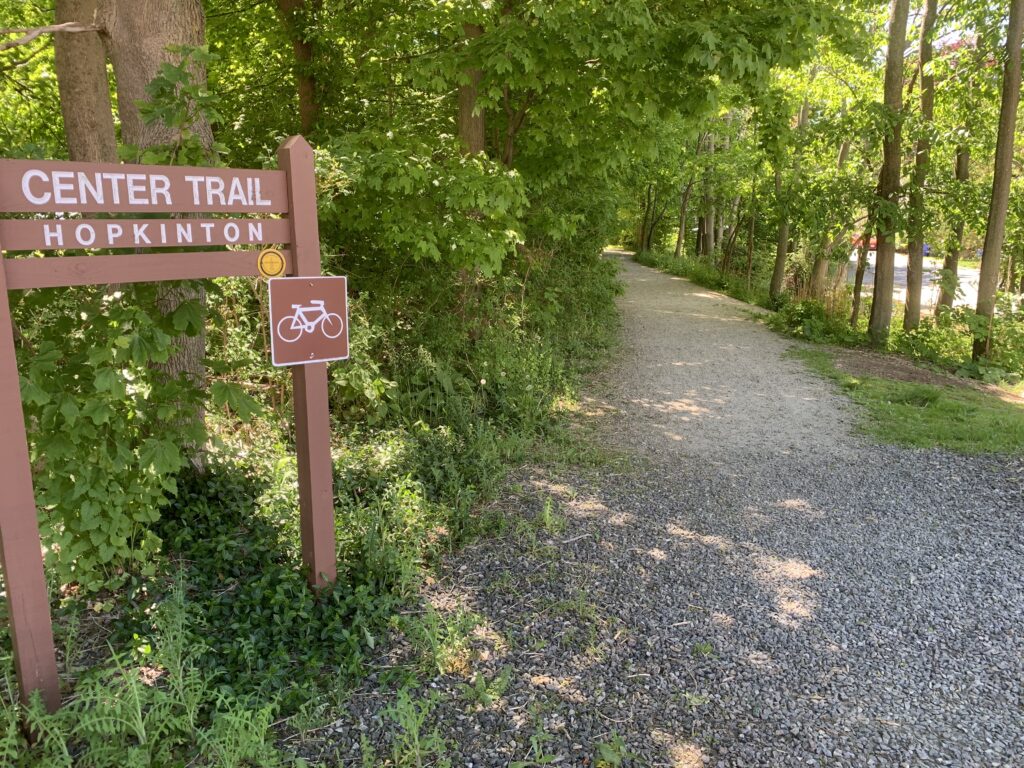
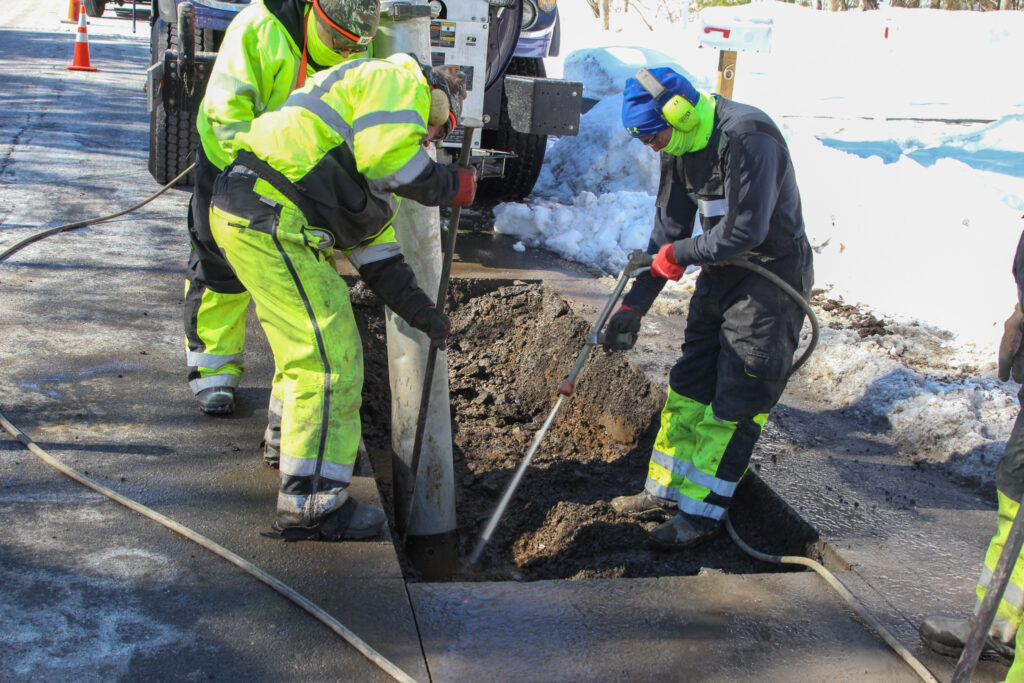
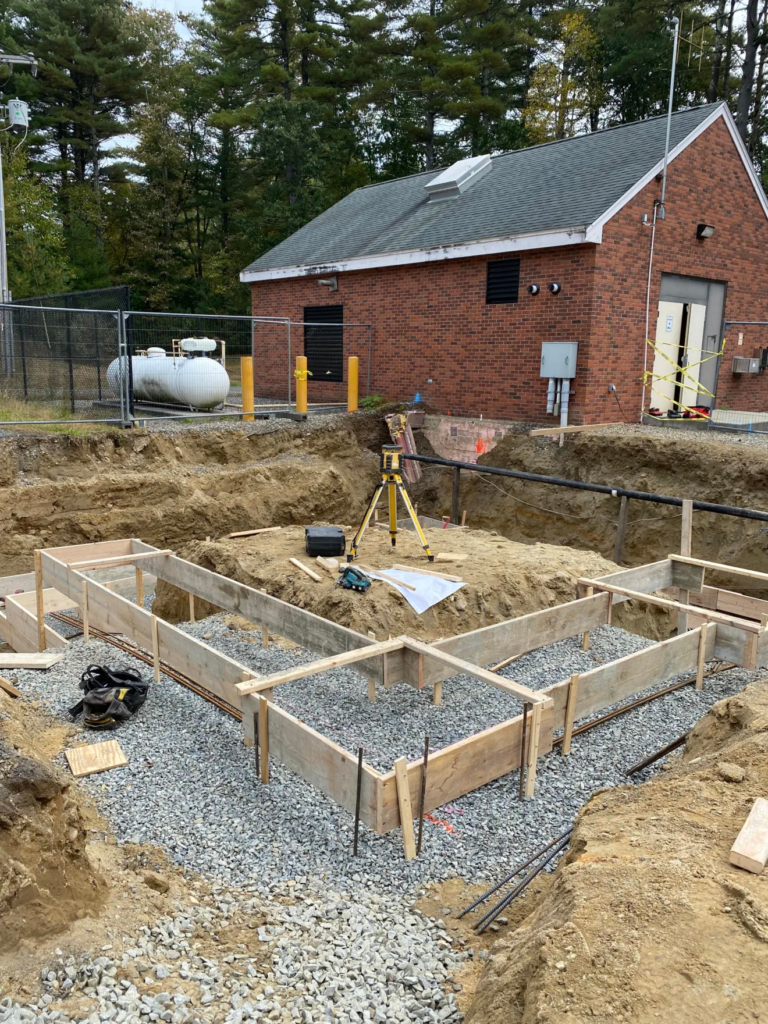














0 Comments